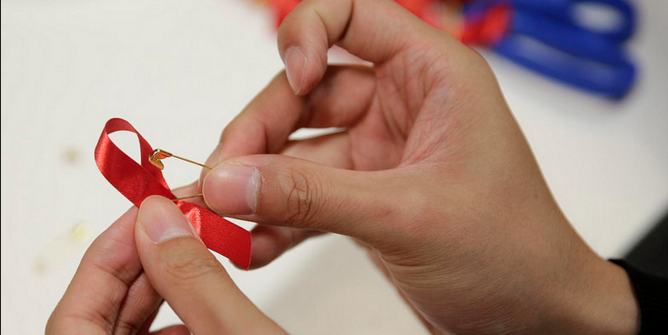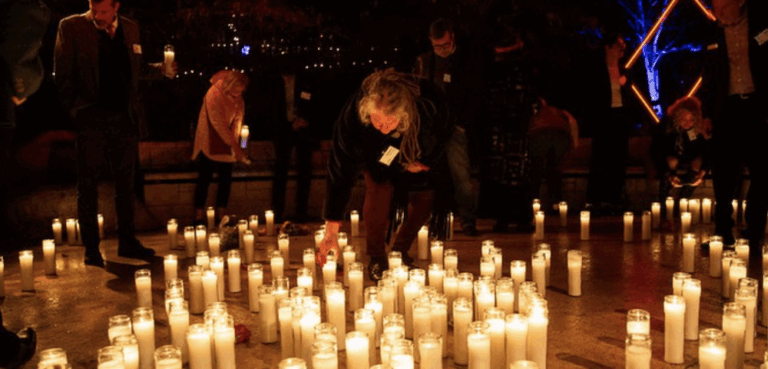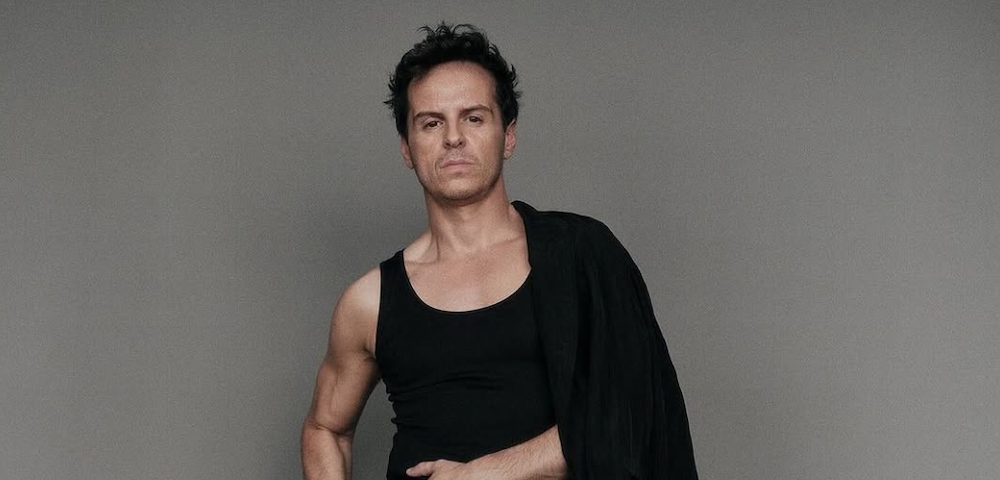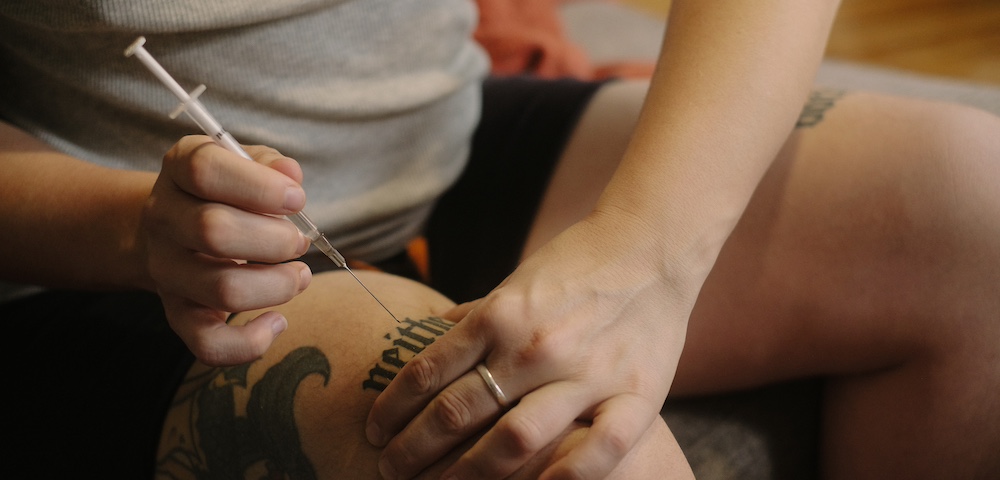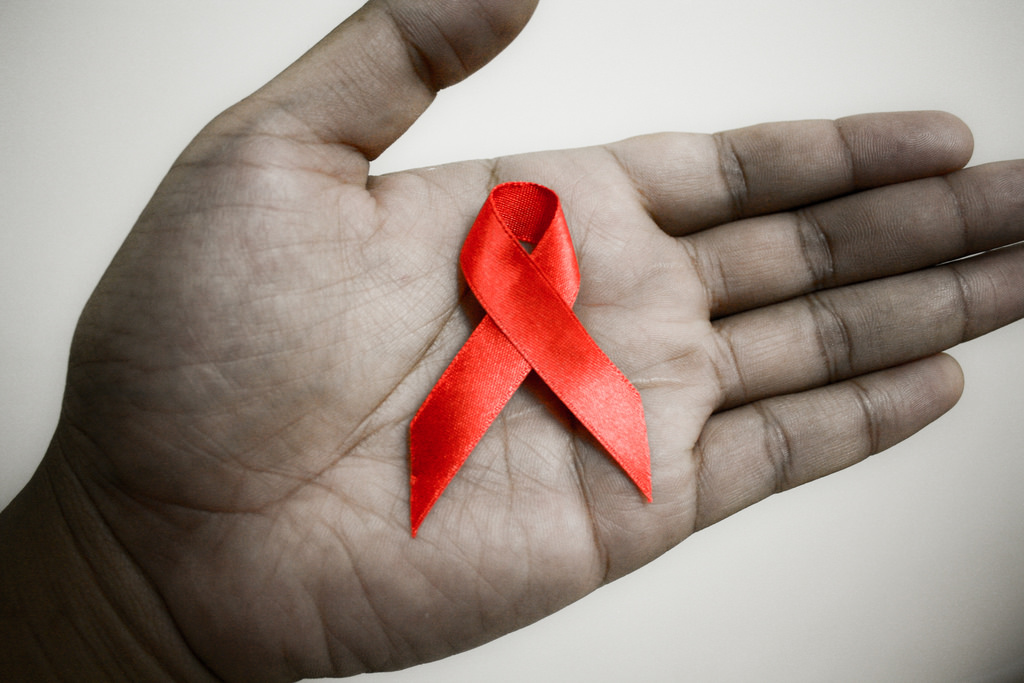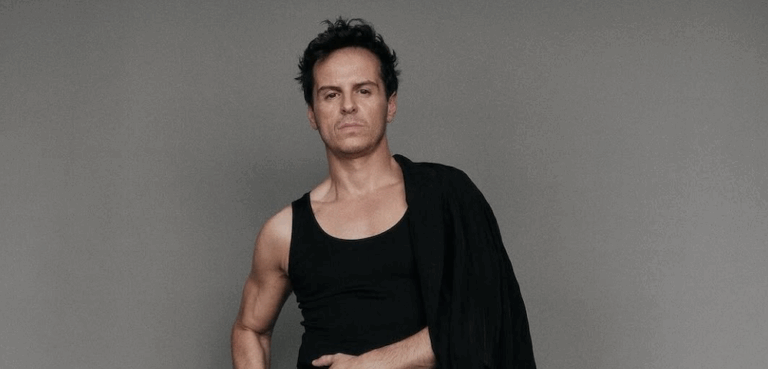
Australians share red ribbon selfies to mark National Day of Women Living with HIV
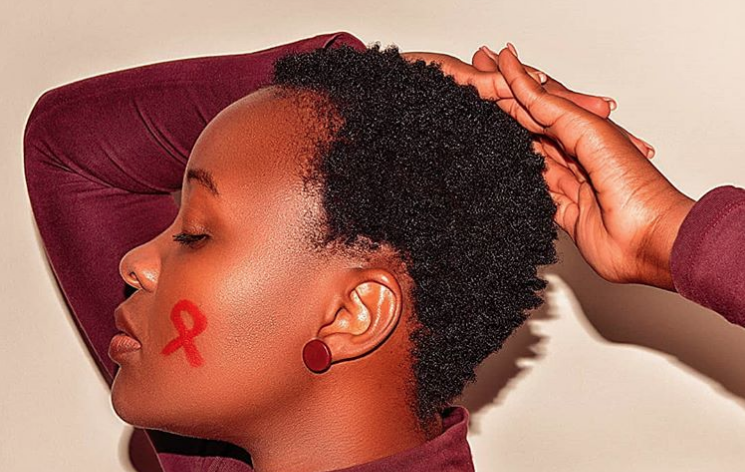
Across the weekend, Australians shared selfies and photos with red ribbons drawn on their face to mark National Day of Women Living with HIV on March 9.
Community groups launched the #LeaveNoOneBehind campaign to raise awareness and show support for them more than 3000 women living with HIV (WLHIV) in Australia.
#LeaveNoOneBehind is a collaboration between Femfatales (the National Network of Women living with HIV), the National Association of People with HIV Australia (NAPWHA), in partnership with ViiV Healthcare Australia.
Women are at risk of late diagnosis and under-diagnosis of HIV in Australia, despite significant advances in treatment and prevention which has led to a steep drop in new transmissions among gay men in recent years.
But Femfatales say that transmission rates in women have remained the same, with women often missing out on accessing the right screening and care.
To raise awareness of these issues, NAPWHA and Femfatales asks Australians to draw red ribbons on their faces and share a photo on social media.
“Through this simple, yet powerful, image, Australians can show their support for the more than 3,000 women living with HIV in Australia today, and open up a public conversation that challenges existing myths and stereotypes around women with HIV,” they said in a statement.
“We recognise that the face of HIV is changing and that at-risk populations in Australia are shifting,” said Femfatales Convenor Katherine Leane.
Leane said they “launched the #LeaveNoOneBehind campaign in partnership with ViiV Healthcare Australia to recognise Australian women from all parts of society who are affected by HIV.”
“Women are often less likely to talk about their experience of living with HIV, due to their fear of stigma.
“We have the opportunity to join together as a community to improve the public’s understanding of HIV, demonstrate our support for women living with HIV and empower them to make HIV a manageable part of their life.”
Research has shown that women are less likely to seek emotional support from a friend at diagnosis.
Advancements in treatments have shifted focus in Australia to the long-term effects of living with HIV, including the impacts of stigma and the increased, often under-recognised impact of HIV on marginalised communities.
“In our current social climate, it is evident more than ever that women really are stronger together and that the resilience of women should be celebrated,” Leane said.
The National Day of Women Living with HIV was launched in 2016. For more information on Femfatales, head to naphwa.org.au.
@napwha VP @SerahGoodTime on #NDWLHIV join me in celebrating diversity & resilience of all women living with #HIV today & look forward to a future free from stigma..to women who are isolated & alone you are part of an incredible sisterhood who support each other #LeaveNoOneBehind pic.twitter.com/SaoEZUqDwo
— NAPWHA (@napwha) March 9, 2019
View this post on Instagram
